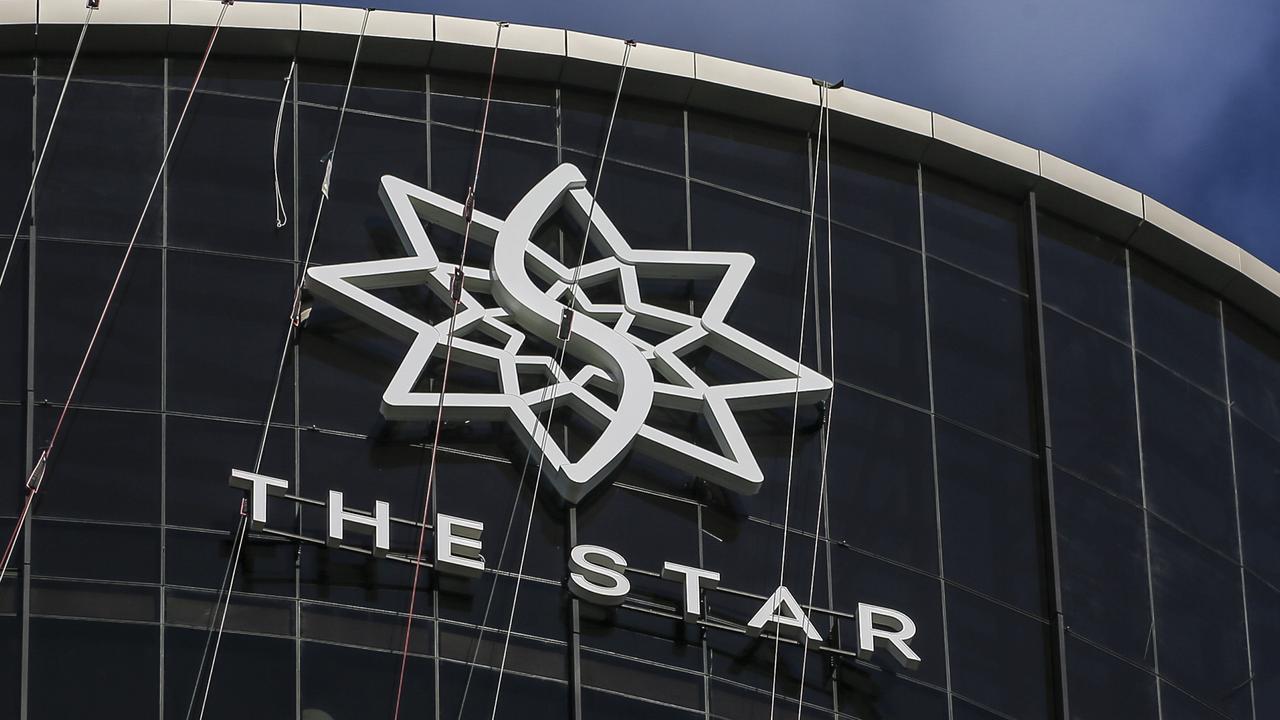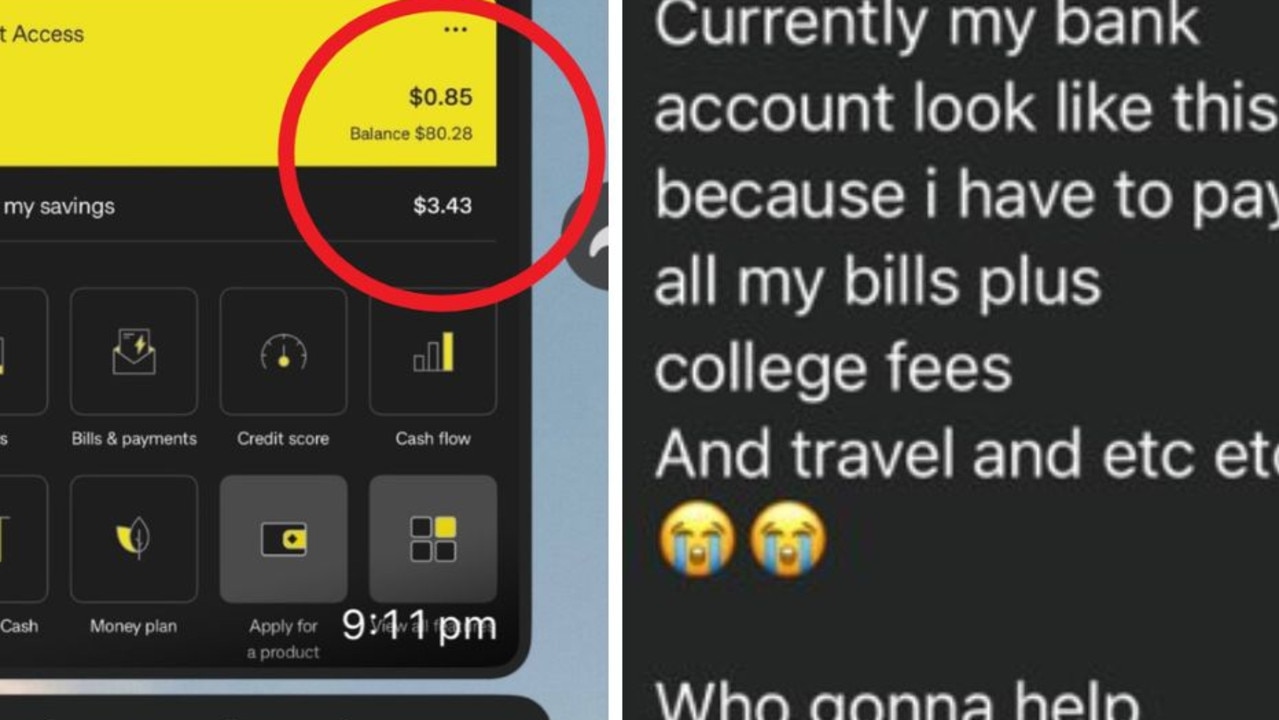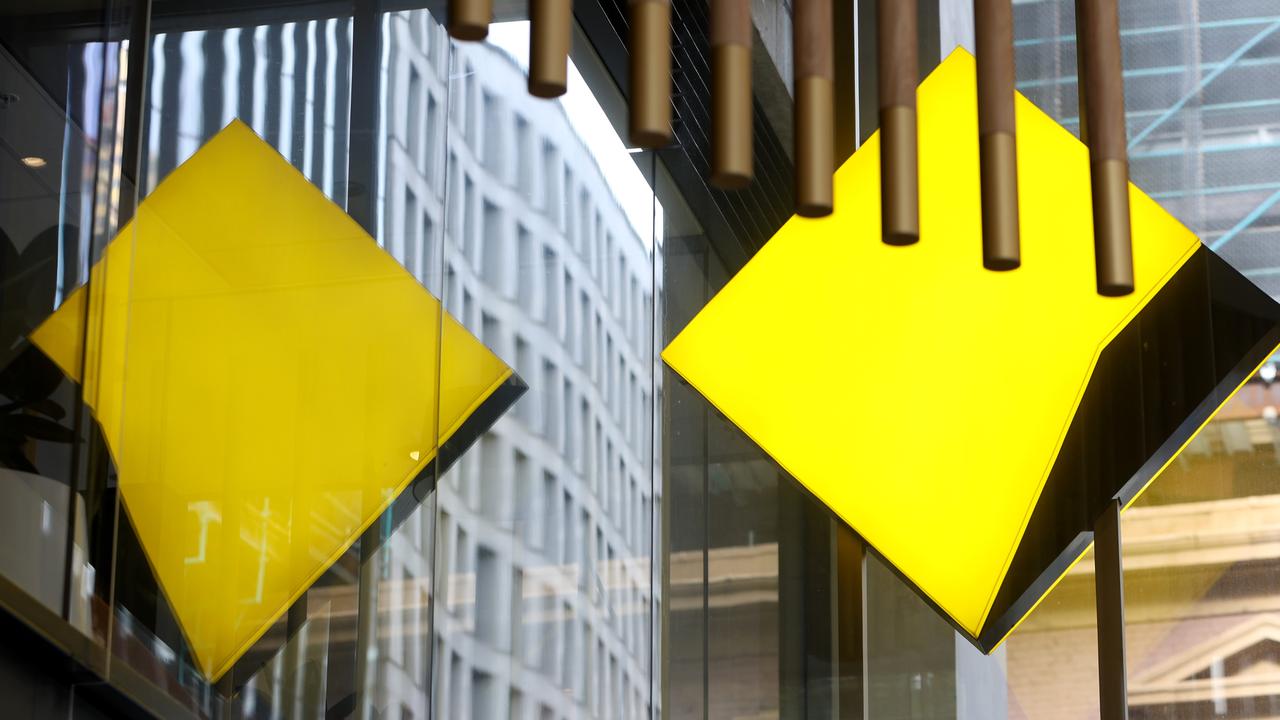Merivale agrees to no-admission payment of $19.25m to former employees who allege they were underpaid
Justin Hemmes’ billion-dollar hospitality empire has settled a class action brought by former staffers.

At Work
Don't miss out on the headlines from At Work. Followed categories will be added to My News.
Billion-dollar hospitality empire Merivale, run by pub tsar Justin Hemmes, has agreed to pay millions to former employees who alleged they were underpaid, closing the door on a five-year court saga.
The Sydney-based restaurant juggernaut, which operates 81 venues on Australia’s east coast, will pay $19.25m to settle the lawsuit, which was approved in the Federal Court on Friday, Australian Associated Press reported.
Merivale has always firmly denied that any underpayment occurred. It did not admit any liability in relation to staffers’ claims of underpayment between December 2013 and December 2019, to the tune of $126 million.
The landmark case involved two allegations – the first being that salaried employees, mostly chefs and managers, were paid for a contracted 38 hours per week but rostered to work an average of 55 hours, and often more, without any additional pay.
The industry award stipulates that overtime should be paid above 38 hours.
The second related to Merivale’s employment agreement covering every worker, permanent and casual, which employment law firm Adero (who brought the open class action on behalf of the staffers) argued was invalid for a decade from 2009 onwards.
According to court documents, 2895 people registered to take part in the settlement, per AAP, though it’s not known exactly how many staff were allegedly affected.

A Merivale spokesperson in 2020 strongly denied all allegations, including of mistreatment and said the company “regularly review(ed) its compliance regarding employee entitlements”.
“Full time Merivale employees have been paid annualised salaries with hours averaged over 52 weeks as permitted under the enterprise agreement that applied to Merivale employees from 2007 until 2019, and in accordance with the Hospitality Industry (General) Award 2010 since the agreement was terminated by consent,” the spokesperson told news.com.au at the time the class action was brought.
“Merivale categorically denies that any of its employees have been required to work unreasonable additional hours against their will.
“Merivale has always acted with the interests of its workforce squarely in mind and does not anticipate that its employees will in any way benefit from these proceedings.
“Nevertheless, if necessary, Merivale will vigorously defend any claim.”

Rosters obtained by news.com.au for two iconic Merivale venues – Coogee Pavilion in Sydney’s east and French restaurant Felix in the CBD – showed chefs being required to work 16- to 18-hour days, multiple times a week.
Statements from kitchen staff included a number of allegations of unreasonable conditions, from not receiving breaks to foreign workers having their visa sponsorship threatened if they complained.
One former worker said he “felt like a slave”, while another alleged the company “literally destroyed my life”.
In regard to the second part of the class action, up until early 2019 all Merivale staff were employed under a Work Choices-era agreement from 2007 that set standard rates of pay and other entitlements.
In January of that year, the Fair Work Commission ordered the so-called “zombie agreement” cease and that Merivale pay its workforce as per the standard industry award.

“We argue that the 2007 agreement was terminated in 2009, therefore it never actually operated (lawfully),” Adero litigation co-ordinator Nicholas Driver told news.com.au in 2020.
“And consequently, all Merivale employees who have received low, flat rates of pay across evenings, weekends and public holidays would be entitled to the benefits of all those loadings and penalties for every single shift worked between 2014 to 2019.”
In 2009, the Workplace Authority, which was superseded by Fair Work, wrote to Merivale to terminate its employment agreement because it “did not pass the Fairness Test”.
“The agreement stops operating from the date of this notice (unless it was terminated or replaced before that),” the January 30, 2009, letter, obtained by news.com.au, read.
Merivale engaged an employment law firm and a stoush began, until eventually the Workplace Authority relented and withdrew its cancellation.
A court-appointed administrator will oversee the settlement being paid out to former employees who are registered participants in the class action, including more than $6.3m which will go to the lawsuit’s commercial backers, ICP Funding.
Originally published as Merivale agrees to no-admission payment of $19.25m to former employees who allege they were underpaid








